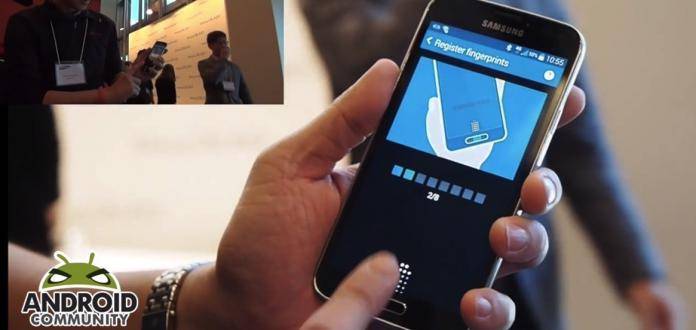
In what may potentially be a landmark ruling in the often murky waters of police enforcement and new technology, a California judge has ruled that law enforcement officials cannot force citizens to unlock their phones using any of the biometric tools like fingerprint, facial recognition, and iris scan. Previous rulings have sided with the police in terms of getting access to devices through biometric means but this time around, it was in favor of private citizens and may be the basis of future rulings in similar cases.
Judge Kandis Westmore of the US District Court for the Northern District of California denied the request for a search warrant in a property in Oakland. Police officers had some suspects in mind that were residing in a property in relation to a Facebook extortion case that they were investigating. Part of the warrant was to unlock any phones found on the property using facial recognition, fingerprints, or iris scan.
However, while Judge Westmore agreed that there was probable cause to search the property, law enforcement is going overbroad with their request to search the smartphones since it isn’t limited to just one person or one device. Furthermore, she also stated that even with a warrant, the government does not have the right to force people to unlock their devices using biological features as it violates their right to privacy and their right to not incriminate themselves.
Previous judges have ruled that it was within the purvey of the police to use biometrics to unlock devices as the features are not “testimonial”, unlike with passcodes where they would have to verbally give it up.
But Judge Westmore believes that “technology is outpacing the law” and stated that in the context where the body parts would be used to unlock a phone, the biometrics cannot be considered “physical evidence” and therefore should be granted Fifth Amendment protections against self-incrimination.
It would be interesting to see if this ruling will stand or if it will be overturned by a district court judge, as what happened in a similar situation back in 2017 in Illinois. For now when things are still unclear, if you feel like you will be compelled to unlock your device by the police anytime soon, better just stick to an alphanumeric passcode that you think they will not be able to crack.
VIA: Forbes









